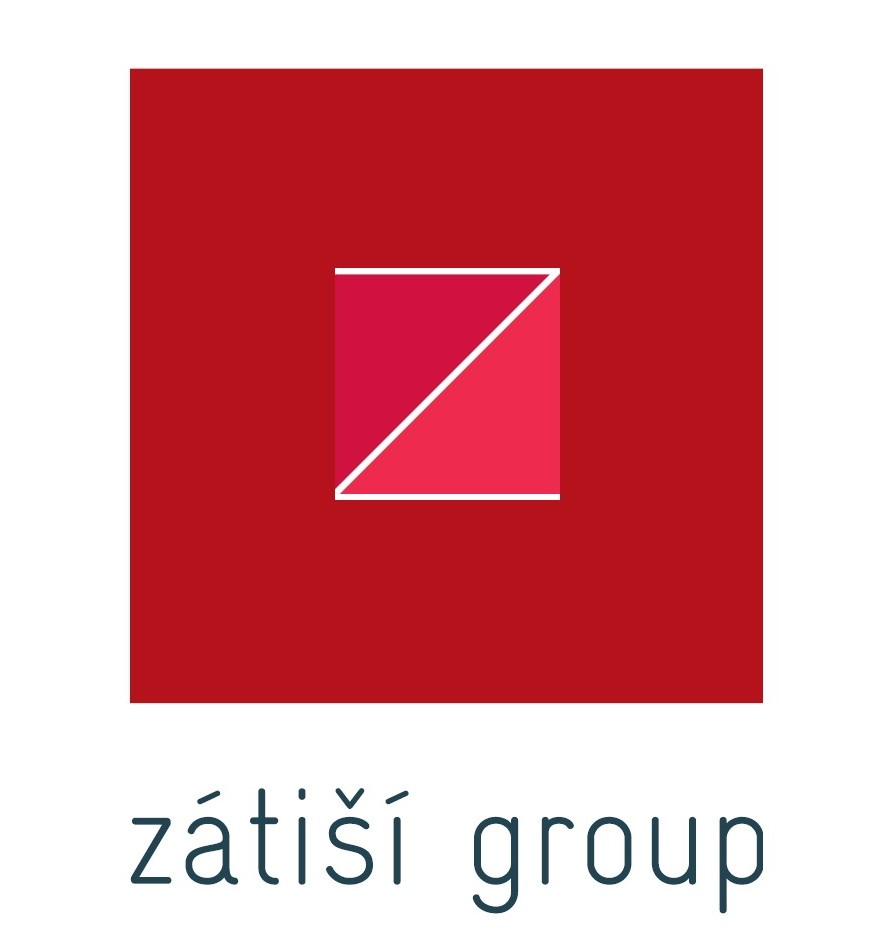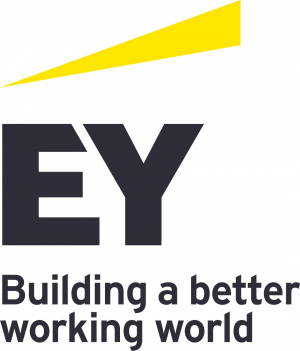Time for Higher Interests Rates
26.09.2017Company: Deloitte
Is it overheating or not? The talk is about the Czech economy. Judging by the development of consumer prices (and their) forecast, it does not appear to do so. But the labour market and apartment prices tell a different story. It is apparently about time that the economic policy take its foot off the pedal and start putting the brakes on. Limited reliance can be usually placed on fiscal policy, namely in the year when elections are to be held. So only the central bank remains. And it decided to intervene in early August, increasing interest rates for the first time since 2008.
Central banks around the world are facing the same problem. Should the American Fed continue raising interest rates even when core inflation slowed down to 1.7 percent while amounting to 2.3 percent at the start of the year? Will the ECB limit “money-printing” even though core inflation in the Eurozone hardly exceeds 1 percent? The Phillips curve is not what it used to be. Cheap oil and food are no excuse as they are not included in core inflation. The key question is whether the monetary policy should follow the hitherto conventional rule and wait for inflation to grow, or look not only at consumer prices/look more broadly at the economic development.
The dilemma also applies to the Czech economy. If the CNB looked only at the development of inflation in consumer prices, it could continue to sit still. The central bank’s forecast indicates that overall inflation will be under 2 percent in a year’s time, similarly as monetary-policy inflation.
In the meantime, prices on the real estate market are shooting up even faster. Inflation in the prices of apartments and houses accelerated to 12.7 percent in the first quarter of 2017, becoming the highest in the EU. The pace at which mortgage lending is growing does not lag behind much. The Czech Republic was set to face a real estate bubble already ten years ago but back then the situation was resolved by the onset of the global financial crisis which also blazed across the Czech economy. Hopefully, nothing similar is in the making for now. This is the reason why local economic policy needs to take action. Macroprudential policy takes the first place, ie tightening up the conditions for mortgage lending. In this regard, it would be appropriate for the central bank to hold greater sway than it does now. Unfortunately, this topic has become unnecessarily politicised even though, for example, the International Monetary Fund has made an identical recommendation to the Czech Republic. Taming the real estate market will, however, also require higher interest rates.
If you ask corporate managers what their most pressing concern is these days, they often respond by saying that it is the difficulty to recruit new employees. Some firms even have to resort to rejecting new contracts since they lack capacity to execute them. To do justice to William Phillips, after whom the famous relationship between the development of economy and prices is named, it is worth noting that this still applies on the labour market. The growth of average wage keeps accelerating, a faster growth in wages was last noted more than eight years ago and pressure on a further acceleration of wage inflation keeps rising.
It would be ideal if fiscal and monetary policies pulled on the same end of the rope. But politicians have different concerns and priorities in a year in which parliamentary elections are held. So it appears that the last year’s surplus on public finances of 0.6 percent of GDP will once again vaporise. Fiscal policy is once again pro-cyclical even though it should be the other way round.
All the more work remains for the central bank. The strengthening of the CZK exchange rate partly takes care of the tightening of monetary conditions but a strong rate cannot fully replace interest rates. There has been no need to pause before raising them. The exchange rate commitment began about a year later than it should have. And it also ended with an approximately identical delay. Repeating the same mistake for a third time, waiting for far too long, would be pointless. The August increase in interest rate is unlikely to bring an end to the ‘normalisation’ of monetary policy. For the sake of illustration, while 3M PRIBOR amounts to 0.45 percent today, it might increase to approximately 2.80 percent over the next two years.
Author: David Marek, Chief Economits, Deloitte
Tags: Finance |







